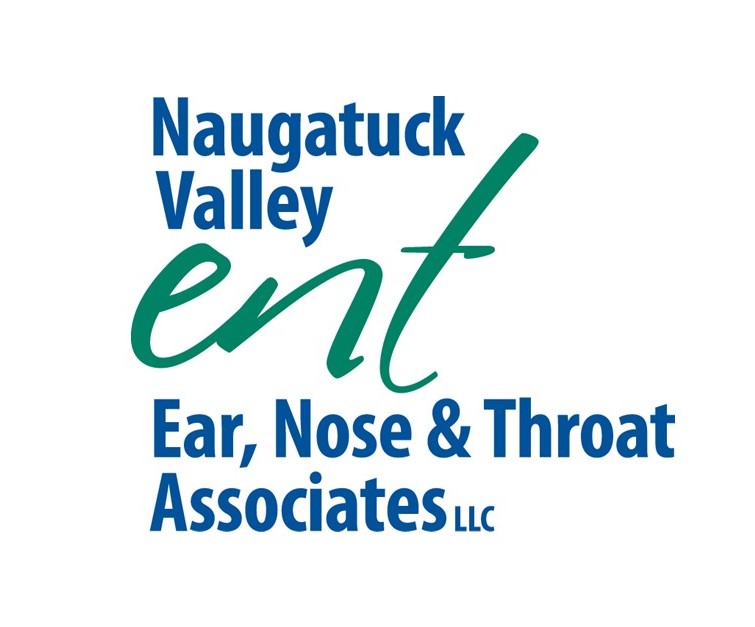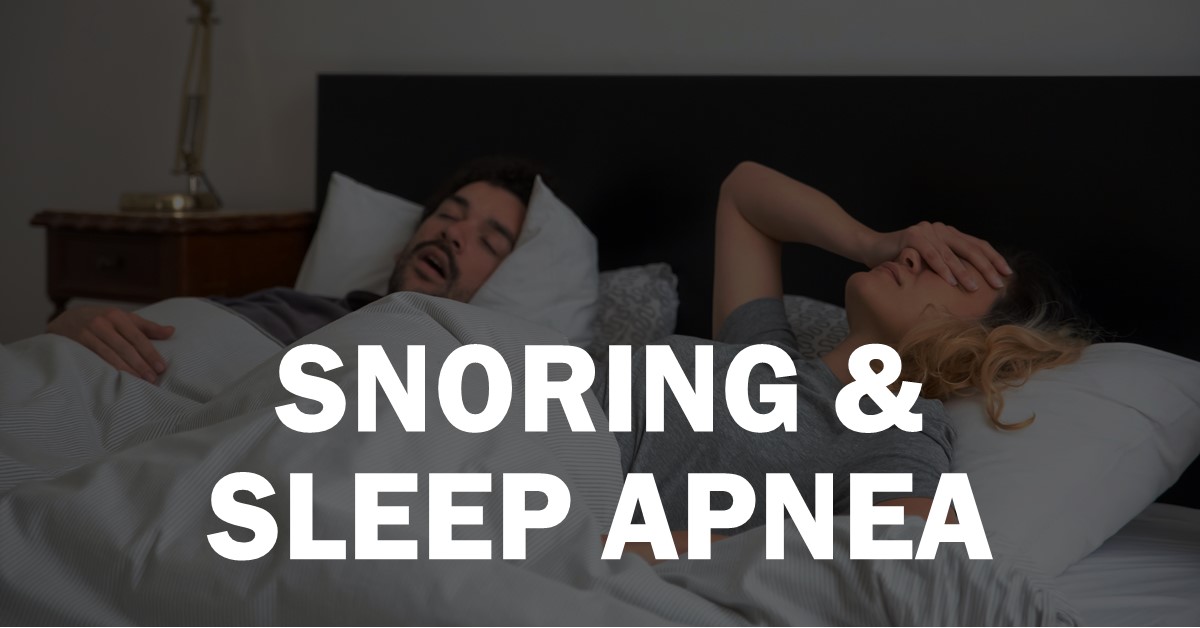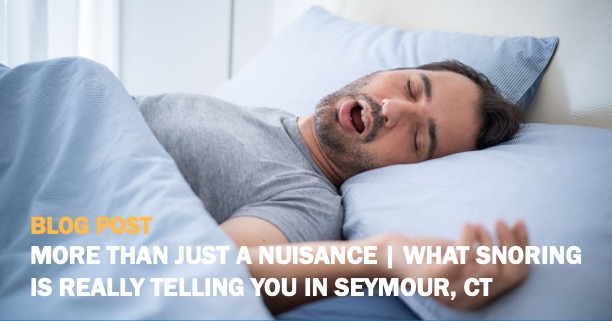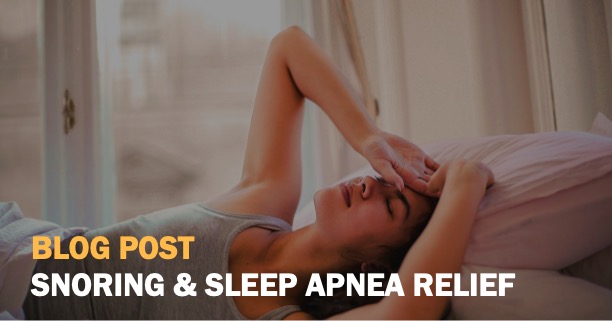Our Snoring and Sleep Apnea Services
Snoring can do a lot more harm than just annoy your partner, it can be an indication of serious health issues. Approximately 90 million Americans suffer from snoring and approximately half of those snorers or 45 million Americans may have the sleep disorder called Obstructive Sleep Apnea (OSA). We can help with your snoring, sleep apnea, hyposmia, anosmia or other sleeping-related medical issue at our Waterbury, CT office. Our board-certified doctors, nurses, and ENT specialists can treat your current sleep condition. Please call our office to schedule an appointment at (203) 578-4630.
Differences Between Snoring and Sleep Apnea
Obstructive sleep apnea (OSA) is when muscles in your throat relax enough so soft tissues block your airway. Understanding the differences between sleep apnea and snoring is the first step to the effective treatment of both conditions.
Snoring and Sleep Apnea Symptoms
- Awakening with a dry mouth.
- Gasping for air during sleep.
- Loud snoring.
- Morning headache.
- Stop breathing during sleep for a time – reported by another person.
- Insomnia: Difficulty staying asleep or getting back to sleep.
Snoring and Sleep Apnea Diagnosis
The first step to determining the best treatment option for your snoring or sleep apnea is to set up a meeting with you and preferably your partner too. We will evaluate your medical and sleep history. The evaluation often involves evaluating and monitoring your breathing and other body functions during sleep for one or more overnights at a sleep center or at home. Tests to detect sleep apnea include:
- Home Sleep Testing: We might start the diagnosis with a simplified test to be used at home. These tests usually measure your heart rate, blood oxygen level, airflow, and breathing patterns.
- Nocturnal Polysomnography: For a comprehensive test, we attach you to equipment that monitors your heart, lung, and brain activity, breathing patterns, arm and leg movements, and blood oxygen levels while you sleep.
Snoring and Sleep Apnea Treatments
- Sleep Adjustments: Making changes to your sleep environment or mattress can help mitigate snoring.
- Allergy Medication: Congestion in the nose can exacerbate snoring.
- Exercise Programs: The introduction of an exercise program can improve
- Reduce Alcohol: Research has shown that alcohol can relax breathing muscles which can increase the prevalence of snoring.
- CPAP: Continuous positive airway pressure (CPAP) therapy can be a solution for obstructive sleep apnea. A CPAP machine uses a hose connected to a mask or nosepiece to deliver constant and steady air pressure to help you breathe while you sleep. It keeps your airway open resulting in less or the elimination of snoring.



